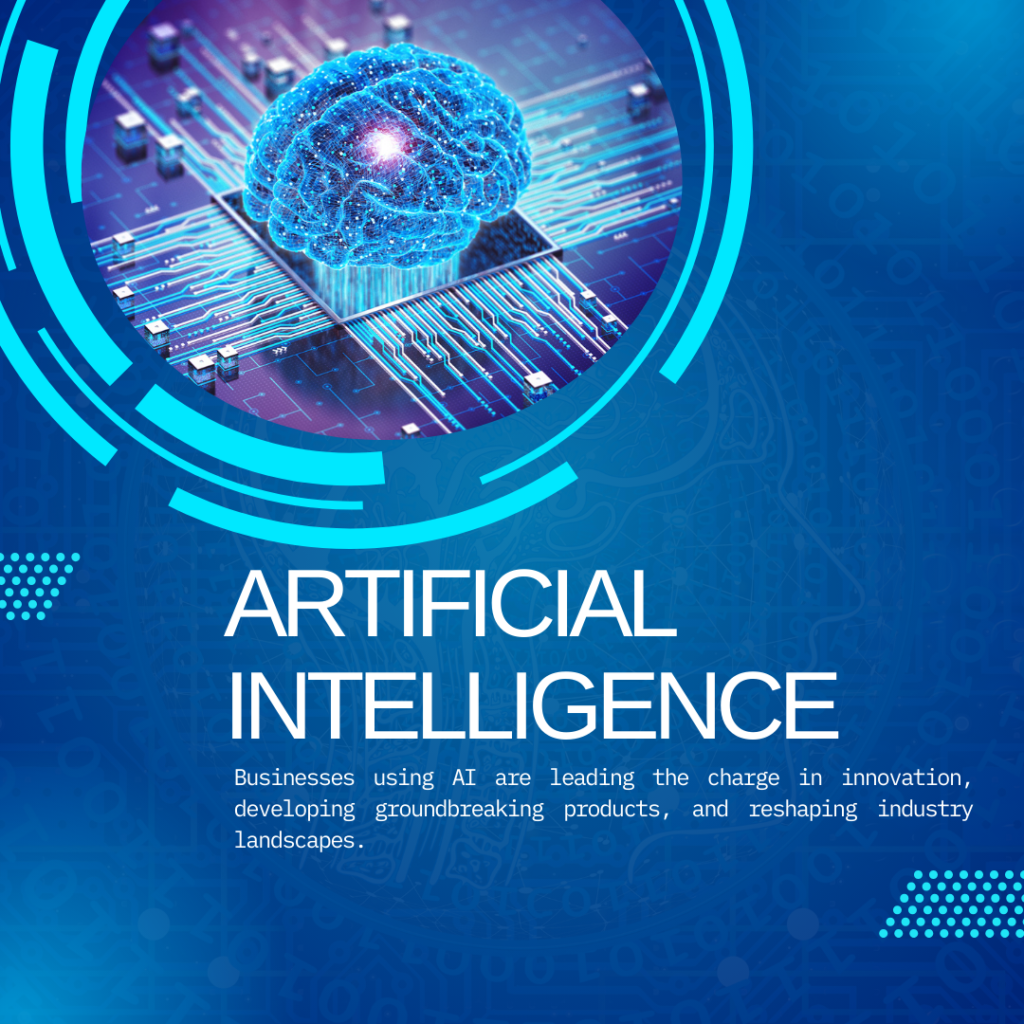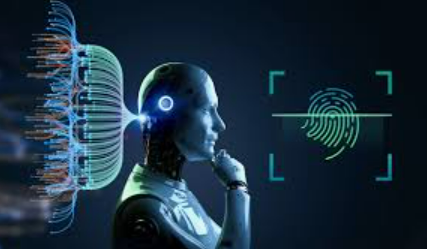
Introduction:
AI (Artificial Intelligence) refers to machines that can perform tasks that typically require human intelligence. These tasks include learning, reasoning, problem-solving, language understanding, and decision-making. The primary goal of AI is to create systems that can replicate human rational functions or even excel in human skills in reliable areas.
History of Robotics:
In the early 1950s, Alan Turning introduced AI. He was a British mathematician. In 1956 the term artificial intelligence was discovered by John Mc Carthy at the time of the Dartmouth conference which is treated as the origin of AI as a field of study. From the 1960s- 1070s, ELIZA(a chatbot) and SHRDLU(a system that could understand basic natural language) were established. After that, in the 1980s advance systems were presented meaning AI was implemented in some particular fields, like the medical field and financial judgment. Later on in the 1990s AI learning skills improved and AI started to show remarkable outcomes in games.
Thereafter, in the 2000s AI revealed an increase in algorithmic power and massive data, and innovations in feature learning have led to significant progress in vision recognition, language technology, and robotic vehicles.
Types of Artificial Intelligence:
- weak AI: It is formulate to supervise specific tasks or a restricted field of activities, such as virtual assistants like Siri, chatbots, and suggestion engines. Weak AI is exceptionally specialized but limited in scope over its system functions.
- Artificial General AI (Strong AI): It is an imaginary type of AI that can understand, learn, and apply intelligence across a wide range of tasks, similar to human reflective capabilities. Like human beings, they can also think creatively. Moreover, it can make decisions without human anticipation.
- Advanced AI: Refers to AI that exceeds human thoughtfulness in every perspective, involving creativity, problem-solving, and emotional intellect. It is a speculative future possibility. A core element of ultra-intelligent AI could be its capability to enhance itself self-sufficiently.
Implementation of AI:
Medical care: AI is transforming healthcare by developing medical scans, diagnostics, and treatment suggestions. Computational models examine medical records, advance diagnoses, and guide doctors to identify disorders at an early- stage. AI-enhanced chatbots give individualized care, provide physiological care, and help patients in handling ongoing conditions.
Finance: In this, AI helps in detecting fraud, credit scoring, etc. It improves decision-making by examining all financial transactions. Investors get help to choose their investments by robo-advisors driven by AI.
Transportation: electrical cars, activas, etc are examples of applications of AI. It helps to manage traffic and AI algorithms protect from accidents. Moreover, navigation of routes by AI is also provided.
Entertainment: Netflix and Spotify type of apps depend on AI. Because AI helps to choose our tastes and preferences to watch and listen. After that, it displays those preferences in front of us. Also to generate music AI is used. It gives creative ideas for producing music.
Advantages of AI:
Artificial intelligence is very useful for humans. It makes our tasks super easy. With the help of AI human errors are reduce, and less time will consume for performing the task. AI also helps to make decisions unbiased. Business, medical care, transportation, and security also improved and developed because of AI assistants. Today’s education become more advanced and efficient because of AI. It helps students complete their projects beautifully and effectively. There are AI tutors also who can guide and solve the doubts of students easily. It is very helpful for students. Artificial Intelligence is a very unique type of technology that could not exist previously. Management becomes easy. AI gives ideas for every purpose you want. It is available 24/7 to us. Risks are also decreasing because of AI.
Disadvantages of AI:
There are various advantages of AI but if anything has its benefits it also has some drawbacks. AI is slowly replacing human jobs. It replaces tutor jobs rapidly labor work in industries is also being replacing slowly by machines. An issue of privacy concern is that AI can also expose fed data in the system. It can provide only that information which we need no extra information, no creative thinking like humans. Furthermore, it costs so high.
AI affects the environment negatively because it consumes a lot of energy. Everyone started relying on AI and humans cannot think like before their thought processes started decreasing. Human emotions and their personal experiences can not be use in AI work. People negatively use AI to do frauds and scams. Do such criminal things with its help and it is against the ethics. There is a lack of transparency because we don’t know how they make decisions we can’t understand their inner system.
Future of AI:

In the future AI will be a more advanced system. It will totally replace human employment, but it will detect any fraud and manage risk efficiently. The audit will be complete through AI which will also help to detect any cybercrime quickly. It will help to predict the environmental conditions, and also reduce global greenhouse gas emissions. It will become more professional and personal spheres. Our education system will become advanced in the future with the help of AI. Artificial intelligence can predict future events in the present, but it may be possible that it will predict the future more accurately than the present. Day by day AI becomes more advanced and upgrades itself in the field of medical care.
Conclusion:
In conclusion, we can say that AI has both positive and negative impacts on the lives of human beings and the environment. Where risks can be reduce, but on the other hand cyber crimes are increasing day by day because of AI. It helps to influence business, transportation, healthcare, and industrialization .it predicts future events not very accurately but maybe it will be possible in the future. AI negatively impacts human power of thinking and creativity. Humans started relying on AI which is not good. The use of AI depends on how humans use it .AI is the most powerful tool if people use it in an atheright manner otherwise It will prove very dangerous for the next generation as it will start controlling the human mind.
Leave a Reply